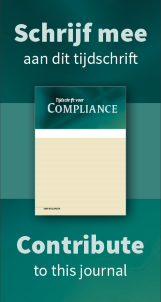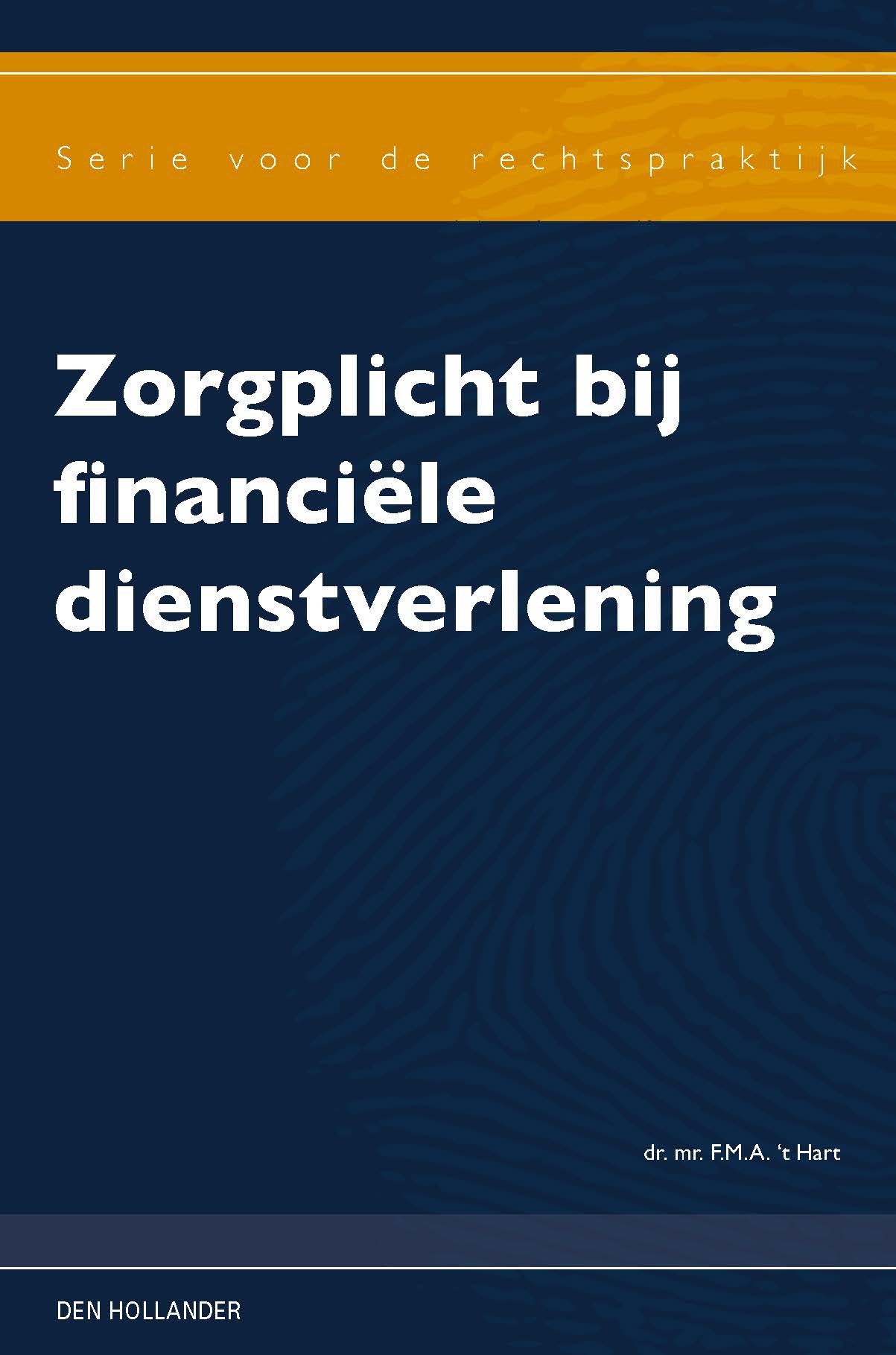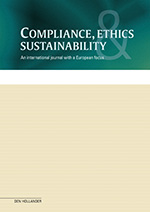Compliance, Ethics & Sustainability
An international journal with a European focus
2024 nr. 3
Redactie
Hoofdredactieprof. mr. dr. B. Snijder-Kuipers
|
Redactie Sam Curtis Emmeline van Heukelem Arend Koper Paulien Makkinga Edward Nkune Peter-Jan Engelen Linda Schut Claudia Sijstermans LLM Marlon Straathof Pauline Wijma
|
Vaste medewerkers Edgar D. Karssing
|
Redactiesecretaris(sen) Frank T.G.J. Segers M. Streppel
|
Inleiding
This is the third issue of the Compliance, Ethics & Sustainability Journal of 2024 with a focus on the new directions and challenges in sustainability regulation. Many companies are evaluating the impact of upcoming legal initiatives like the EU Corporate Sustainability Due Diligence Directive and EU Corporate Sustainability Reporting Directive and other public enforcement initiatives, as well as considering self-regulation due to intrinsic motivation or pressure from stakeholders and society. This edition aims to provide new insights and perspectives on these matters. ... ...lees meer
Artikel
Jeroen BoogaardInterview with Laure Jacquier, ICC Netherlands Adding sustainability legislation can be counterproductive because it hinders sustainable business initiatives. The obligations come with a huge workload. As a result, companies have less room to take sustainable steps on their own initiative. This is what Laure Jacquier, Managing Director of ICC Netherlands, says in an interview with Compliance, Ethics & Sustainability (CES). As of September 2023, Jacquier is responsible for the Dutch branch of the International Chamber of Commerce (ICC). With mo... abonneren of dit artikel kopen.
Vinicius Diniz Vizzotto1The coming years will present an increasing level of activity and regulatory adaptation for a considerable number of European and international companies (on financial markets and other relevant business sectors) in view of the ever growing relevance of ESG and the denominated Sustainable Finance domain. 1. Introduction In 2018 the European Commission launched the foundational Sustainable Finance Action Plan, which had three specific objectives: i) redirect capital flows towards sustainable investments, in order to achieve inclusive and sustainable growth; i... abonneren of dit artikel kopen.
Linda Schut1Corruption poses a significant threat to economies, democratic processes and societal trust. It can also undermine ESG initiatives by distorting competition and nurturing unethical behaviour. The Corporate Sustainability Reporting Directive ("CSRD") mandates transparency in ESG practices, including anti-corruption measures. This includes reporting on measures implemented to prevent, detect and respond to allegations of corruption, as well as the number of incidents that occurred. Ideally, forcing organisations to become more transparent about (the effect of) their anti-c... abonneren of dit artikel kopen.
mr. J.A.M. Gijsbers en mr. A.E. Wilbrink1 Auteurs hebben onderzoek gedaan naar de vraag in hoeverre bestuurders persoonlijk aansprakelijk kunnen worden gesteld voor schendingen van de CSRD en CSDDD. Deze vraag is zowel vanuit civielrechtelijk als strafrechtelijk perspectief onderzocht. Hoewel de CSRD en CSDDD geen bepalingen over bestuurdersaansprakelijkheid bevatten, kunnen deze richtlijnen toch vergaande implicaties voor bestuurders hebben. Auteurs betogen onder meer dat een terughoudende maatstaf voor het aannemen van bestuurdersaansprakelijkheid passend is gelet op de complexiteit van de richtlijnen, en dat dit nood... abonneren of dit artikel kopen.
prof. mr. M.W. Scheltema1Er wordt vanuit Europa veel duurzaamheidsregelgeving over ons uitgestort. De verschillende richtlijnen en verordeningen volgen elkaar in rap tempo op en zijn al van kracht of geïmplementeerd of zullen dat in de komende jaren worden. Nieuw zijn vooral de regels die bedrijven verplichten om hun impact op mensen en milieu, ook in hun ketens, te meten, te managen en daarover te rapporteren. Voorbeelden daarvan zijn de Corporate Sustainability Reporting Directive (CSRD),[2] de Corporate Sustainability Due Diligence Directive (CSDDD),[3] de Ontbossingsverordening[4] en de Batterijenverordening... abonneren of dit artikel kopen.
Vorige edities
2025
2024
2023
Eerdere edities kunt u doorzoeken in het archief.
 RSS
RSS





 RSS
RSS